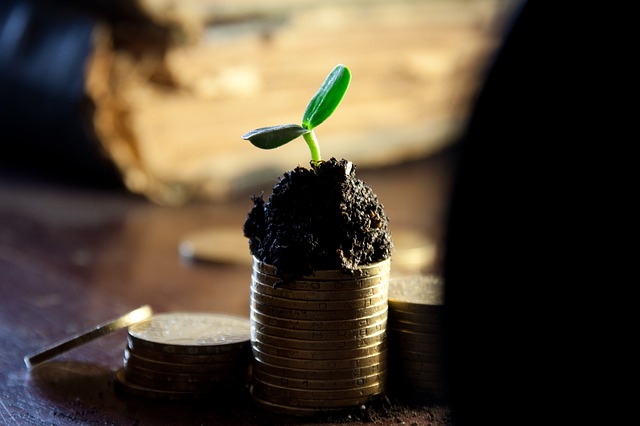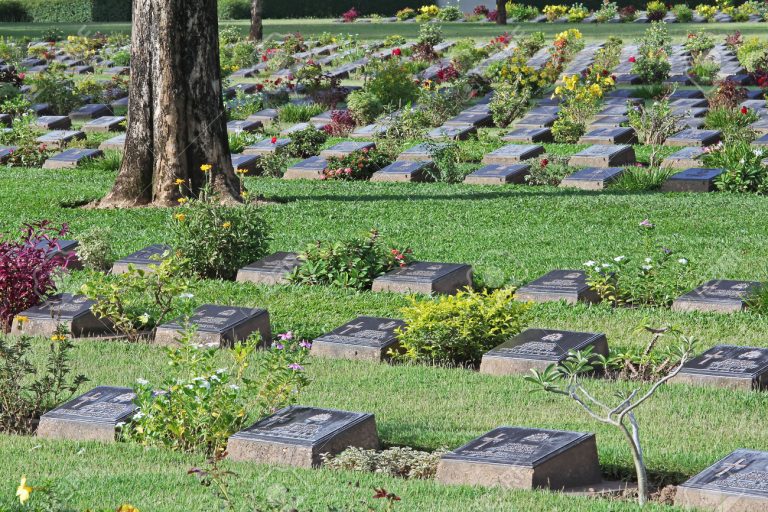
Instability in the economy has caused more and more people to pursue a more sustainable lifestyle and live off the grid. Living off the grid means you do not rely on the centralized utility system to sustain you; you simply sustain yourself. Living off the grid is a lifestyle that is cost-effective, eco-friendly and healthy. Those who live off the grid live in homes that are autonomous, which means they do not rely on natural gas, electrical power grid, sewer, municipal water supply or similar services. An off the grid house is able to operate independently, without the help of traditional public utility services. Those who live off the grid are in favor of creating their own energy, while reducing their carbon footprint.
When going off the grid, the first thing you need to do is cut off your dependence on electricity from the water company. Most people achieve this by using the sun and wind as their primary sources of power.
Benefits that come with living off the grid
Here is a list of benefits that come with an off-the-grid lifestyle:
Decreased Energy Costs
Living off the grid means reduced energy costs and no monthly power bills, which can save you hundreds of dollars. You can install solar panels, as well as a wind generator. The sun and wind are free of cost and are also renewable.
Reduced Power Outages
Grid-connected homes are susceptible to power outages during a storm. However, with solar panels and wind turbines, you become less susceptible to a power outage.
Higher Environmental Knowledge
Learning how to manage environmental systems, living a more simple life and being aware of effective ways to conserve will provide you with a higher level of environmental education.
Decreased Reliance on Fossil Fuels
Living off the grid allows you to use renewable energy sources for daily living. You will no longer need to be dependent on power companies, and you won’t have to worry about constant rate increases. Living off the grid will also allow you to reduce your carbon footprint, which is something positive for the environment.
More Sustainable Living
Going off the grid will allow you to live a more sustainable lifestyle. Without consistently consuming resources, you will in turn produce more than you consume. Not only will this help provide for your family, it will also help contribute to your local community.
Is Living off the Grid Right for you?
While living off the grid may seem like the ideal lifestyle, it is not for everyone. The typical American household uses approximately 8,900 kilowatt-hours of electricity, and about 144,000 gallons of water each year. If you’re planning on maintaining the current lifestyle you’re living, going off the grid may not be the right choice for you.
Difficulties to expect when living off the grid
Living off the grid isn’t as simple as it may seem – this lifestyle choice may come with a number of challenges and difficulties. Here are some difficulties to expect before you choose to live off the grid.
It’s difficult to find land
While it may seem ideal to live off the grid anywhere, it unfortunately isn’t that simple. Many cities have made it difficult to go off the grid. In many municipalities, it has become illegal to inhabit land without being connected to the municipal power system. In other cities, it’s only permitted for off the grid power sources to supply power, but not to replace electricity. Unless you and your family are in a financially stable situation, you will have to consider the amount of time it will take you to commute to work, or get to a hospital when choosing your location. Many people living off the grid choose to supplement their income with part-time jobs.
You must have access to fresh water
Regardless of the location in which you live, it’s crucial to have access to a copious source of fresh water. In an ideal living situation, there is surface water available from a river, lake or creek. Many people are also able to successfully live off the grid with a well that collects water supply from an underground aquifer. However, this comes with two disadvantages. First, it takes a large amount of power to successfully pump water. Second, even the highest quality off-grid power system goes down from time to time. Not only is it essential for your property to have the proper access to water, but you also need to be sure you have the necessary rights to the water. Water law is a complex matter because it consists of state, federal, local and tribal rights and treaties. It also depends on the side of the Mississippi River you live. If you live west of the Mississippi River, and have a source of water on – or under – your land, you and your household will bear the right to use the water for personal consumption. However, many people living off the grid require the water for irrigating crops and for livestock. With that being said, when you are looking for the perfect portion of land to inhabit, make sure to first get legal help in order to establish all of the rights to the water that you need.
What will you do about power?
There are many off-the-gridders who live without electricity. They obtain their water from a local lake or stream, and use firewood to heat and cook. If this is what you intend to do, then it isn’t necessary for you to worry about an off-the-grid power system. However, the majority of people would prefer to generate their own power. This can either be for comfort (like for a running washing machine or air conditioning) or for necessities. Today, there are a number of advanced technologies for generating power. For example, there are many parts of the country in which solar power with battery storage is available. You can also harness the power that comes from wind, or hydropower from a creek. Regardless of your power source, the challenge associated with generating your own power is being knowledgeable about repairing and maintaining the system.
How will you obtain food?
Many people who live off the grid prefer to supply their own food. Before choosing your piece of land, it’s important to think about how you will obtain food. Many off-the-gridders choose to plant their own garden, and raise small animals such as chickens for their source of food. It’s also important to keep in mind that humans need variety in their palette. Barter is an excellent way to maintain variety in your diet. For example, if you produce wheat flour, you can barter some away in exchange for corn.
You may need to live with neighbors
Many people who are going off the grid for the first time don’t want any neighbors around. If you have the proper financial resources, you can get 100 – or even 1,000 acres and be completely isolated. However, not everyone can afford this level of seclusion. With that being said, neighbors who share your type of lifestyle can be like-minded. For example, they may share your respect for hard work, diligence, and a peaceful and quiet lifestyle. This can be very beneficial.





Leave a Comment